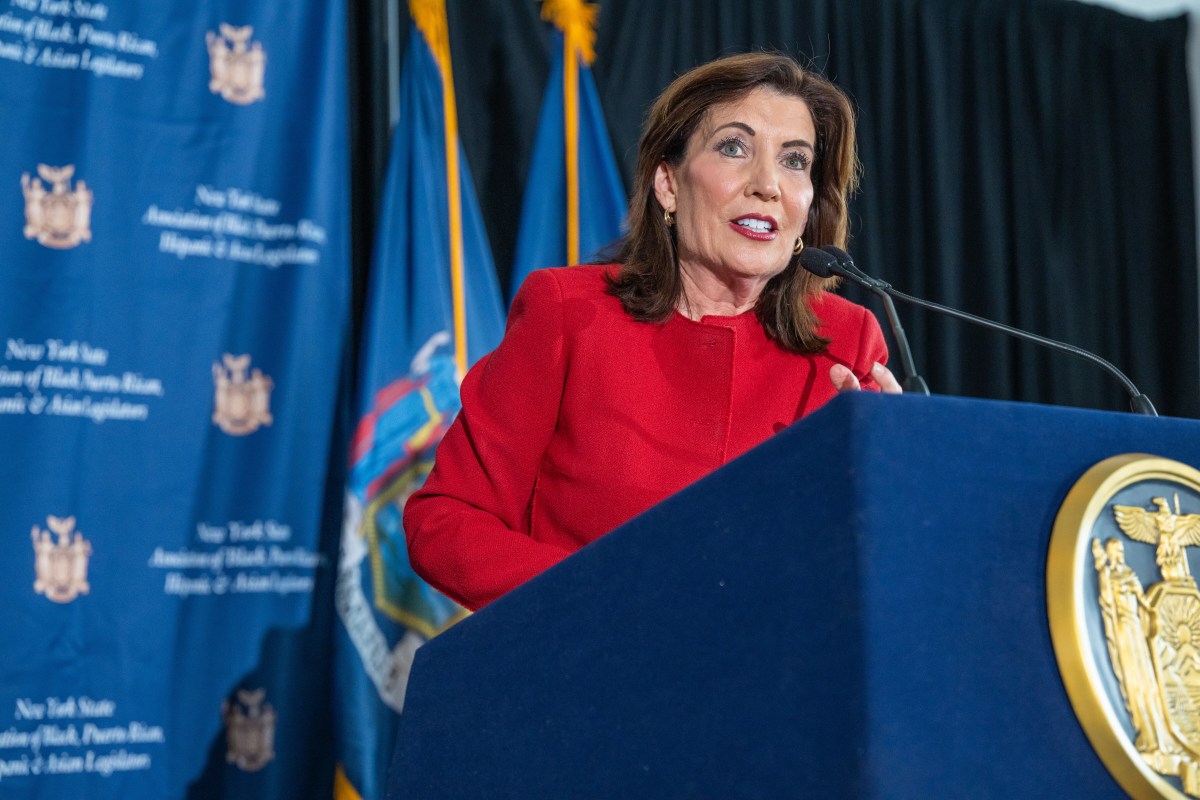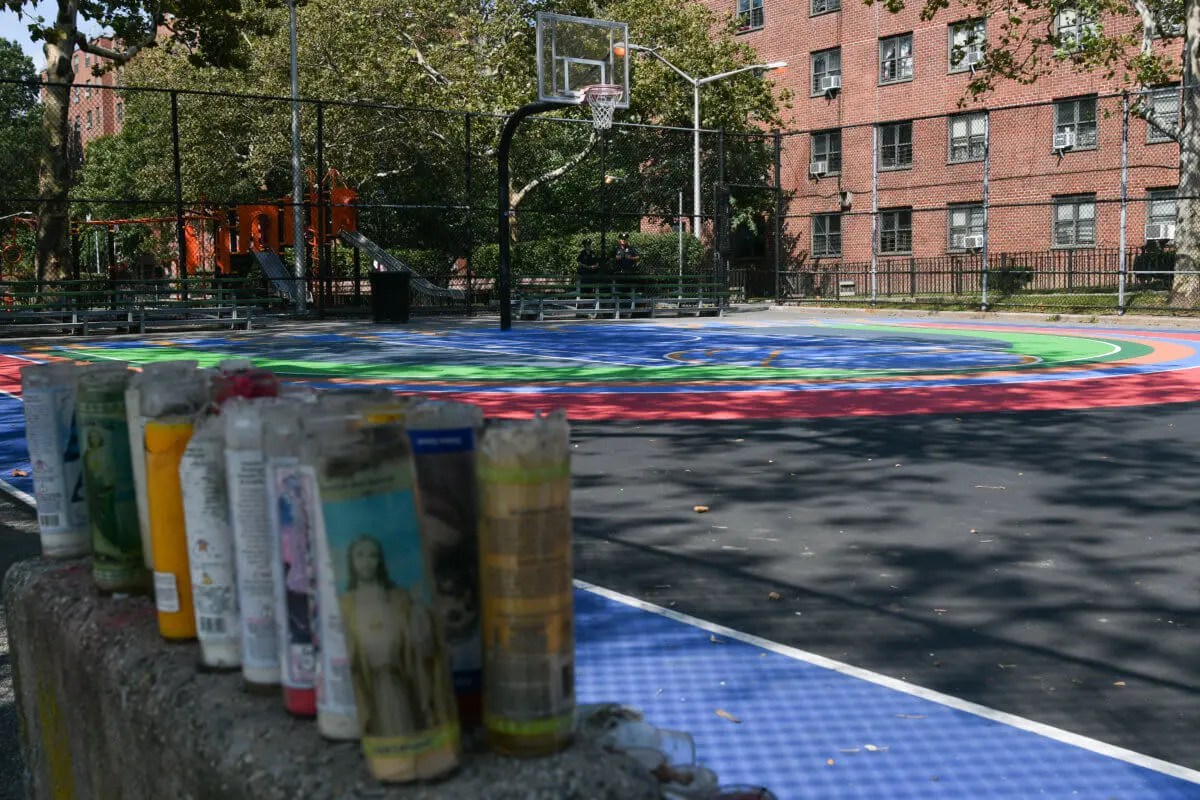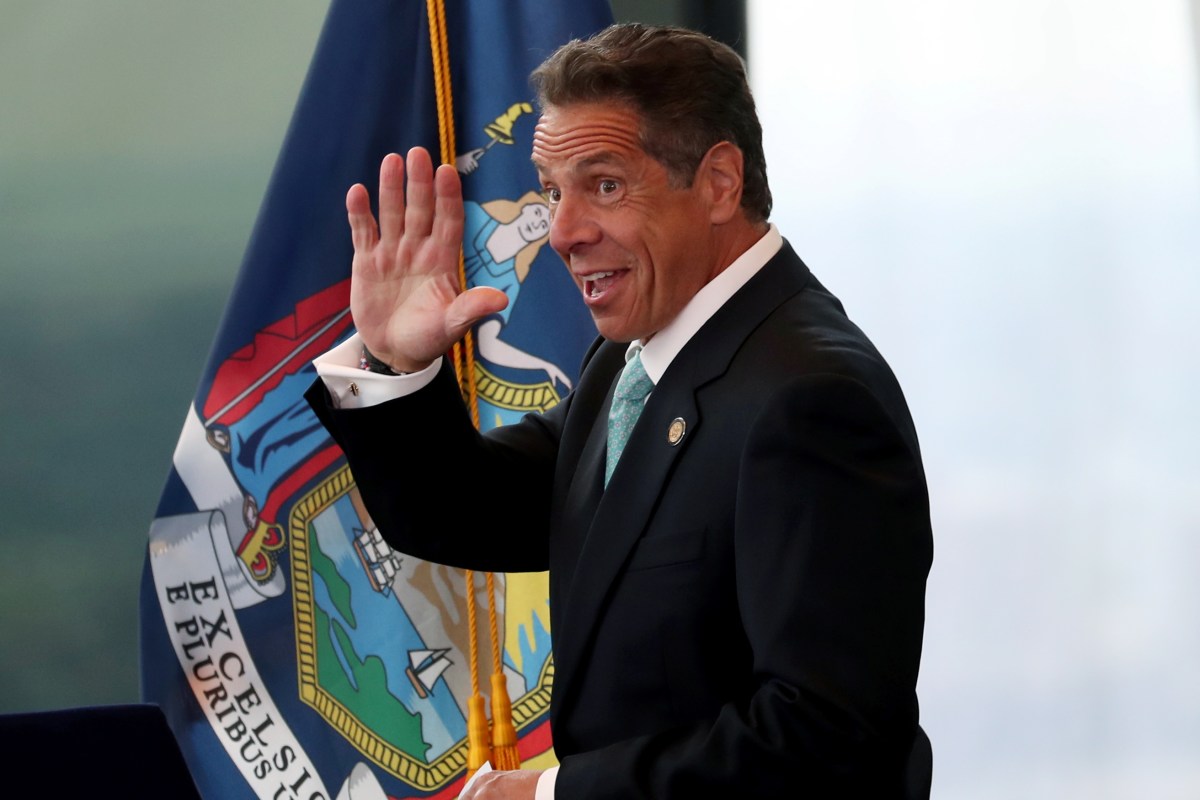A coalition of political and public stakeholders said they are in full support of Gov. Kathy Hochul’s extensive plan for mental health reform, which includes expanding powers to involuntary commit those who are in the most critical need for treatment in New York.
The group penned a letter on March 28 to New York’s Senate Majority Leader Andrea Stewart-Cousins and Assembly Speaker Carl Heastie urging the state legislature to support Hochul’s proposed initiative of expanding laws around ordering those suffering from severe mental illness into treatment.
Hochul’s controversial proposal includes updating the state’s involuntary commitment laws that would further clarify that individuals could be hospitalized without their will if they are deemed a significant risk of physical harm “when their mental illness prevents them from being able to meet their basic needs such as food, shelter, and medical care,” the governor’s office explained in a press release.
The coalition’s letter elaborates on this further and was sent just days before the NYS budget’s April 1 deadline. State lawmakers are not expected to make the deadline as budget negotiations remain ongoing.
“As part of Governor Hochul’s proposed mental health reforms, the law would be updated to make it clearer that someone can be evaluated for involuntary commitment when their mental illness renders them clearly incapable of providing for their own essential needs to the extent that it puts them at risk of serious physical harm,” the letter states. “This would provide a pathway for clinicians to help ensure people get the care they need, when they need it and don’t have to wait for a serious incident to happen.”
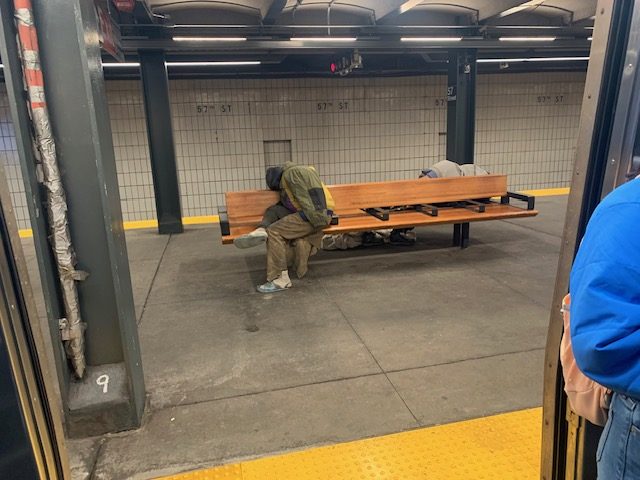
The 36 authors of the letter, including council members from Long Island and mayors from upstate New York, say they support the governor’s plans and applaud her for “having the courage” to make the proposals. Mayor Eric Adams has previously expressed his support of expanding involuntary hospitalization powers.
“We urge the Legislature to support these changes to the law that would enable our communities to better care for those in need,” the coalition wrote.
Focus on the subways
Although the authors are from outside NYC, one local place where experts have been tackling mental illness and public safety has been inside the subway system.
There have been many successful initiatives to help people suffering from mental illness or who are homeless on the streets and subways. For example, BronxWorks, which works with the state’s Safe Options Support (SOS) program, has helped place around 146 homeless individuals into transitional housing since 2023.
The Times Square Alliance also works with SOS outreach teams to help get the homeless much-needed services, treatment, and, in some cases, even housing.
However, outreach teams such as these can not push their services onto anyone. If a person refuses assistance—and does not meet criteria for involuntary, temporary commitment—teams move on and leave them alone.
Hochul’s proposals aim to change the existing mental hygiene laws, making it easier to order someone with a mental health issue who poses a risk of physical harm to be hospitalized for treatment.
“For too long, individuals struggling with severe mental illness have been left without the care they so desperately need,” Hochul said. “These reforms will ensure that those who are most vulnerable and in crisis receive timely, life-saving treatment. By strengthening our mental health system, we are making New York safer, more compassionate, and better equipped to meet the needs of all its residents.”
Who would make the decision to commit someone?
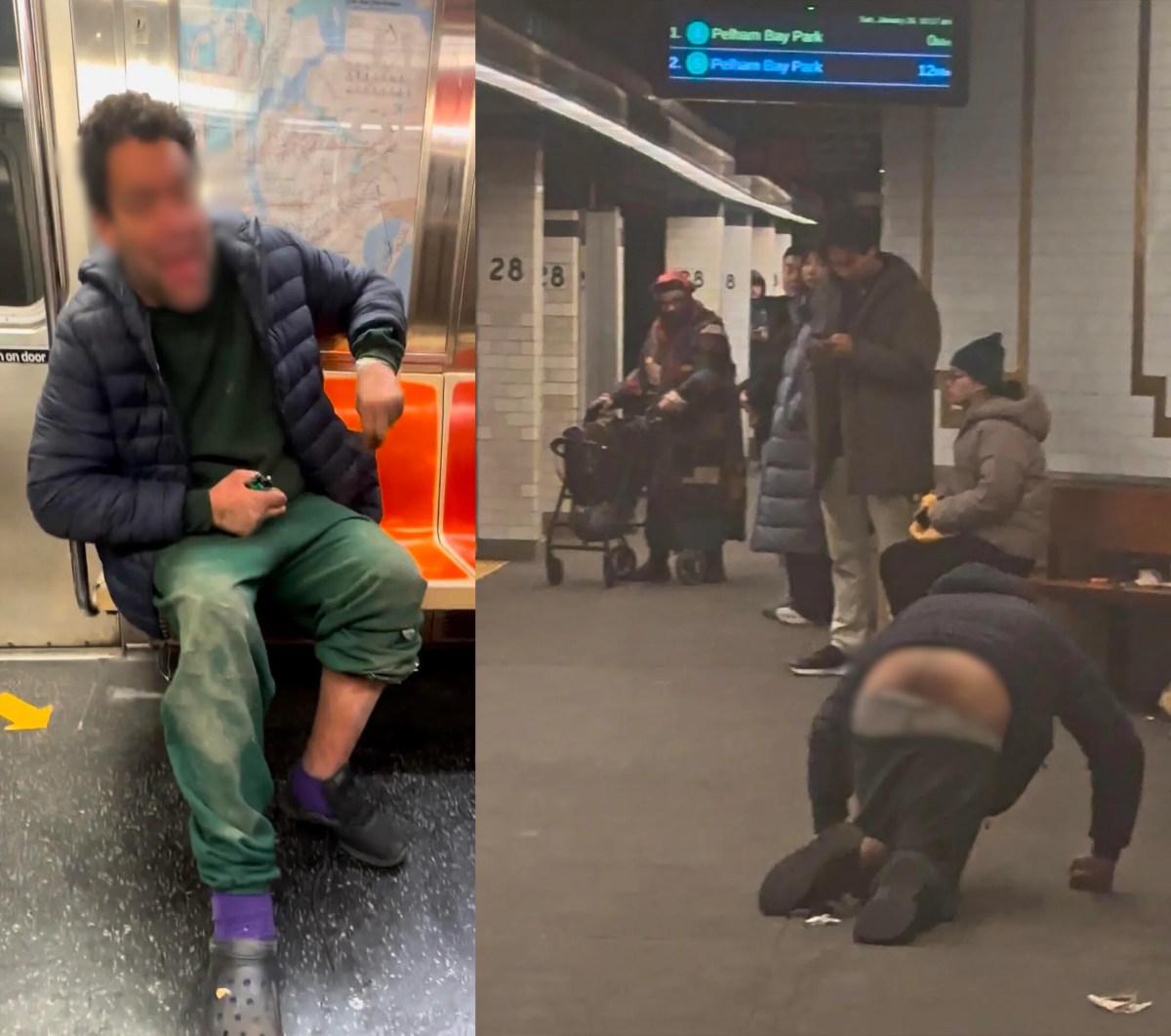
Under the governor’s proposal, psychiatric nurse practitioners (PNPs) and other qualified experts will be able to admit someone to inpatient care involuntarily.
Gregory Rys, president of the NYS Nurse Practitioner Association, said he supports the proposal.
“Communities with limited access to physicians – rural areas, economically disadvantaged neighborhoods, and underserved populations – are disproportionately affected by the current law,” Rys said. “PNPs often serve as trusted, front-line mental health providers in these areas, but are hamstrung in caring for these vulnerable patients. Modernizing this standard would remove barriers to allow for patients in behavioral health crises to receive greater attention.”
Opposition to the proposal
Many New Yorkers support the governor’s proposal, but some major civil liberties groups oppose it.
Donna Lieberman, executive director of the New York Civil Liberties Union, said in a Jan. 3 statement that the proposal threatens New Yorkers’ rights and liberties and is also redundant.
“Existing law already establishes when involuntary commitment and treatment are appropriate,” Lieberman said. “In New York City, police and other city officials routinely involuntarily commit individuals. What exactly happens to these New Yorkers after they are involuntarily committed is not clear and isn’t made publicly available. What research does make clear is that coercing people into mental health care is generally ineffective and does little to improve people’s mental health.”
She added that insufficient mental healthcare resources are available for those who need them.
Further criminalizing people with mental health issues, who are themselves 11 times more likely to be the victim of crimes, will not improve care or our housing shortage. The change we need will only come with bold new approaches and leadership.”
Hochul’s proposal also includes amendments to Kendra’s Law, which governs Assisted Outpatient Treatment. Experts have said this intervention has demonstrated success in reducing outcomes like criminal justice involvement and homelessness.



